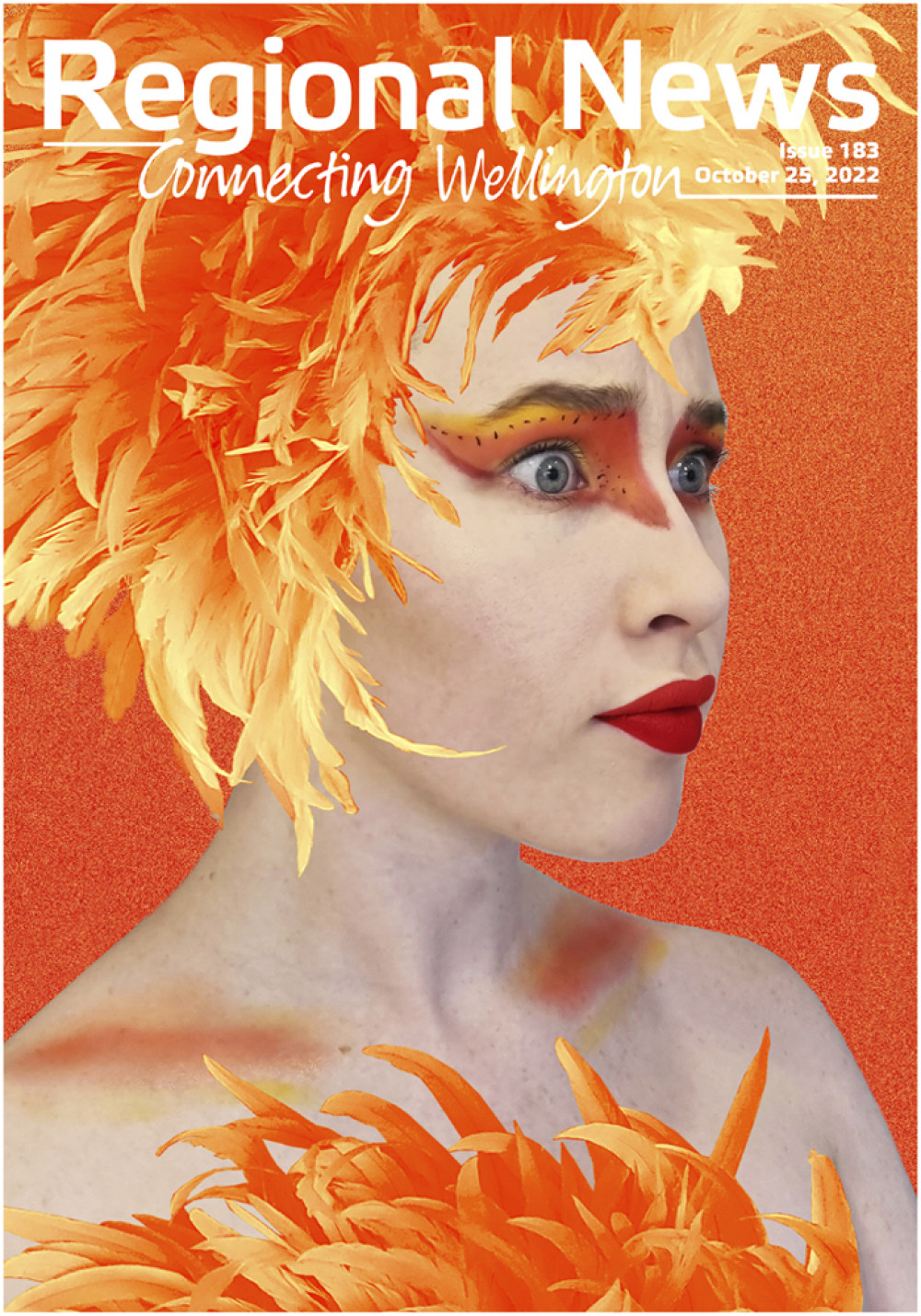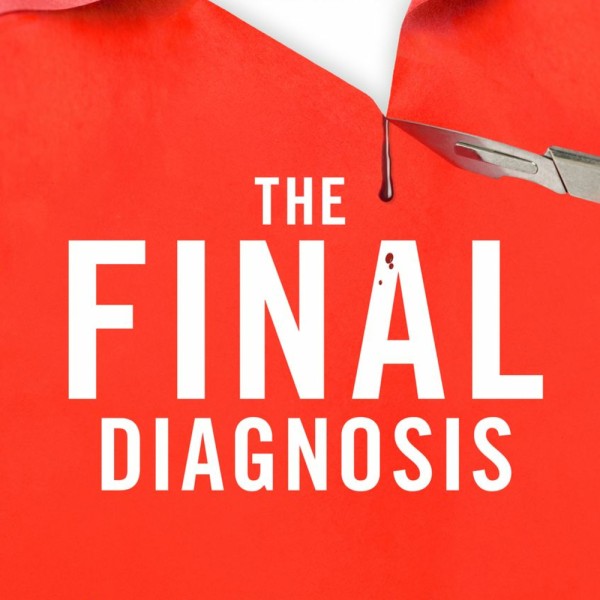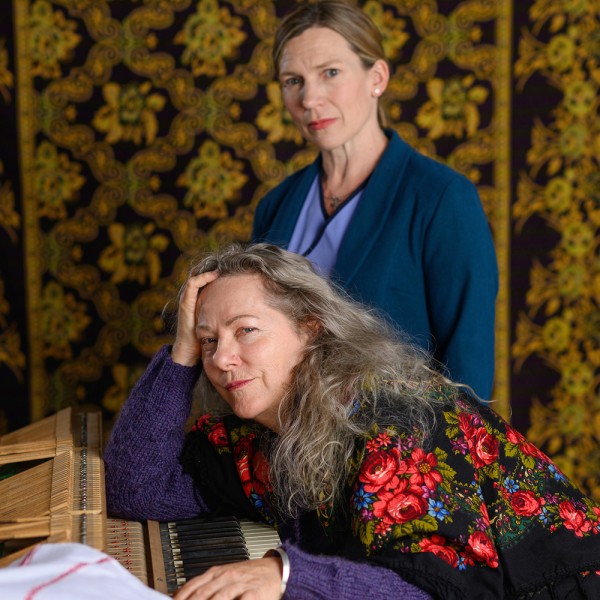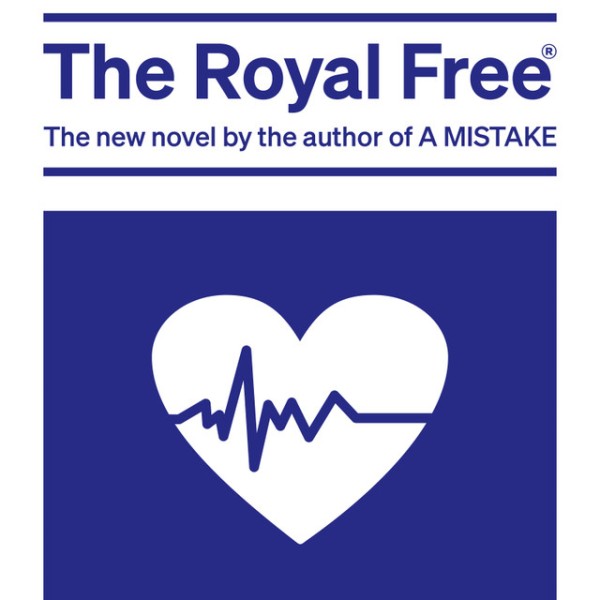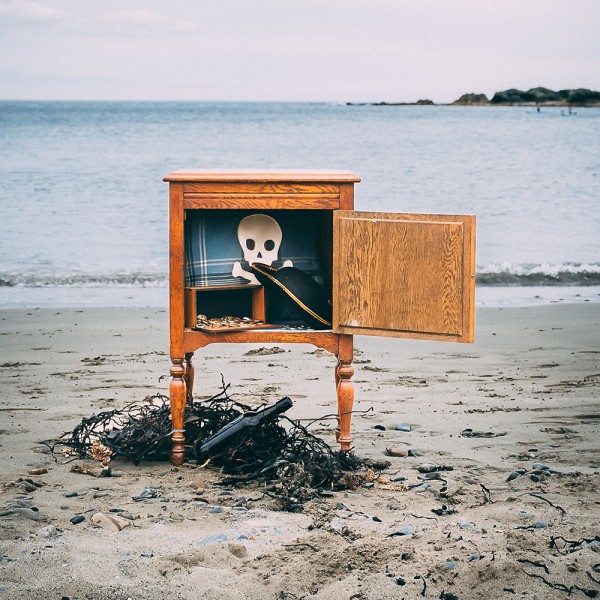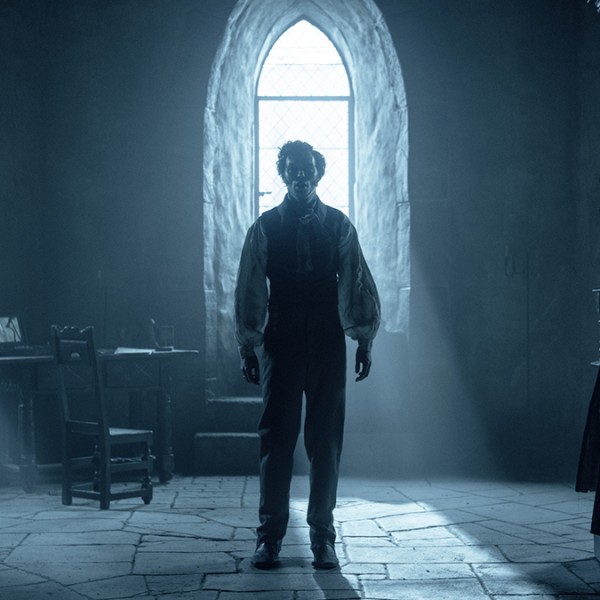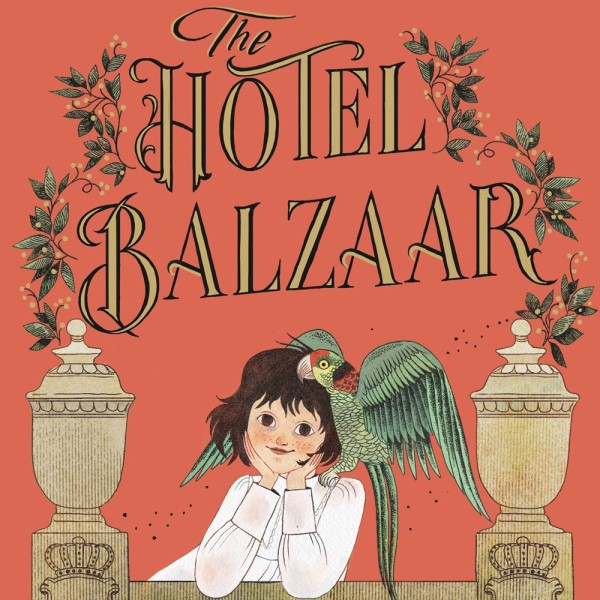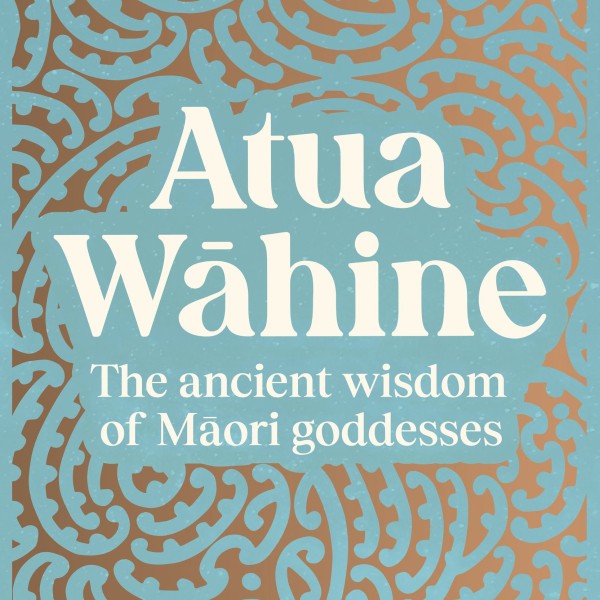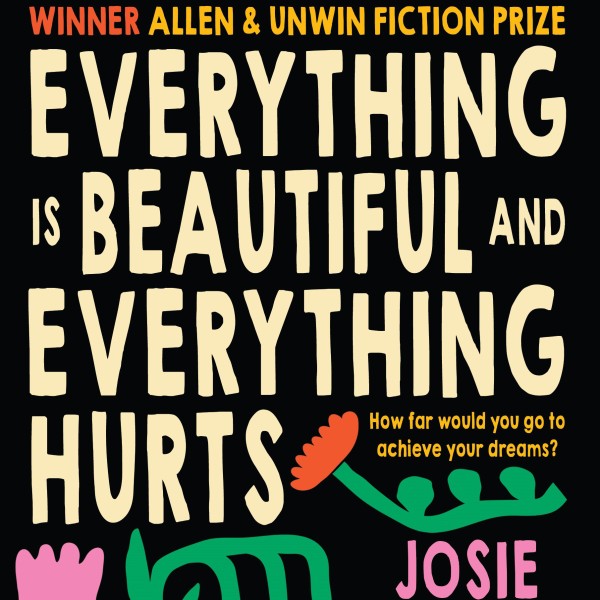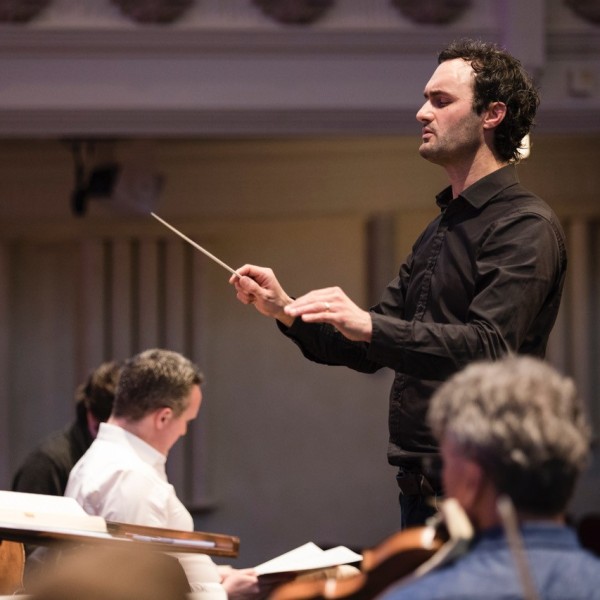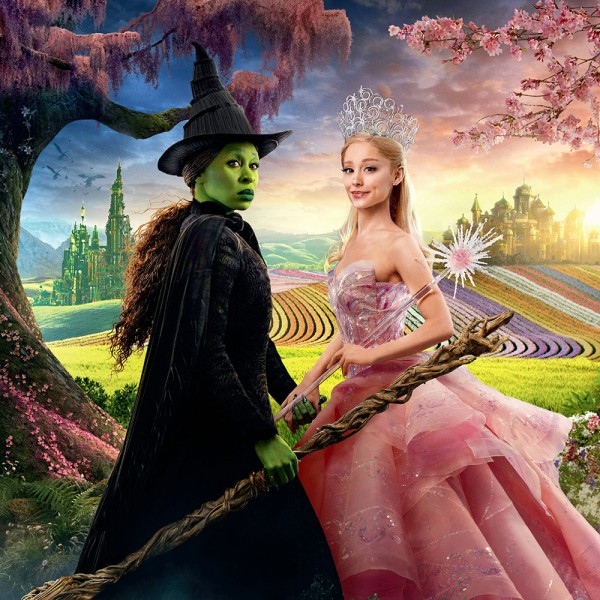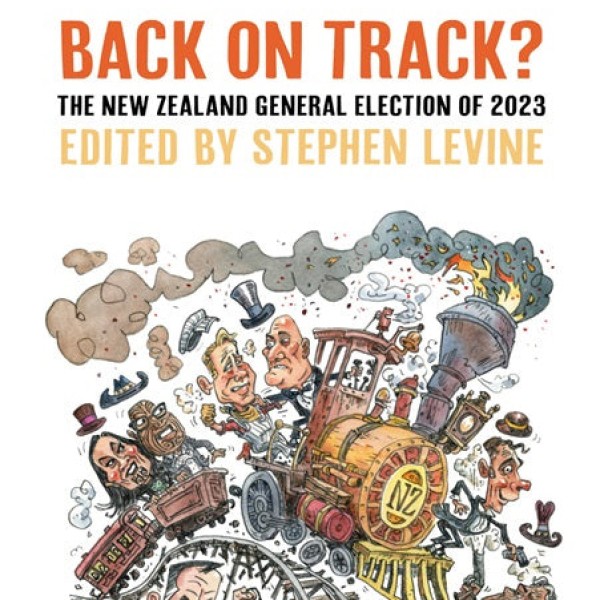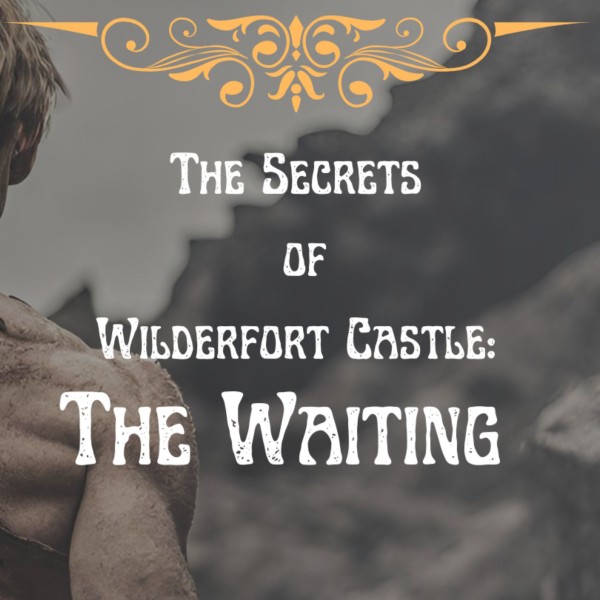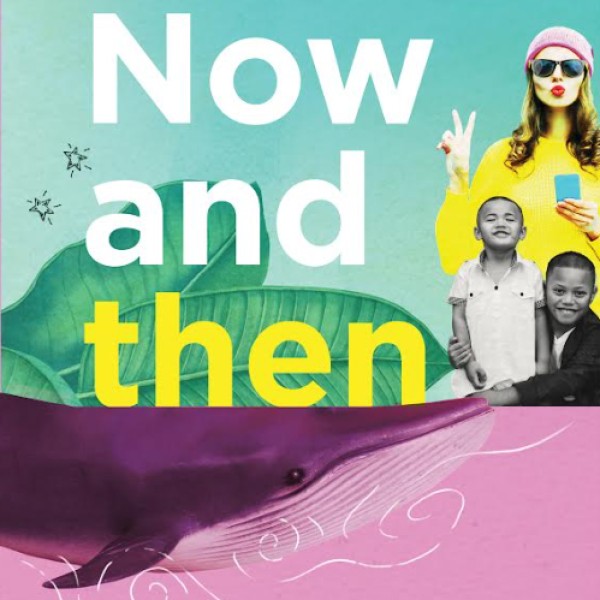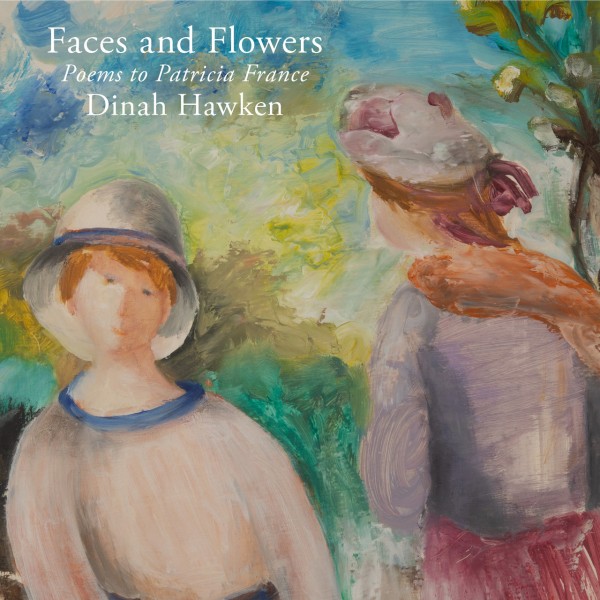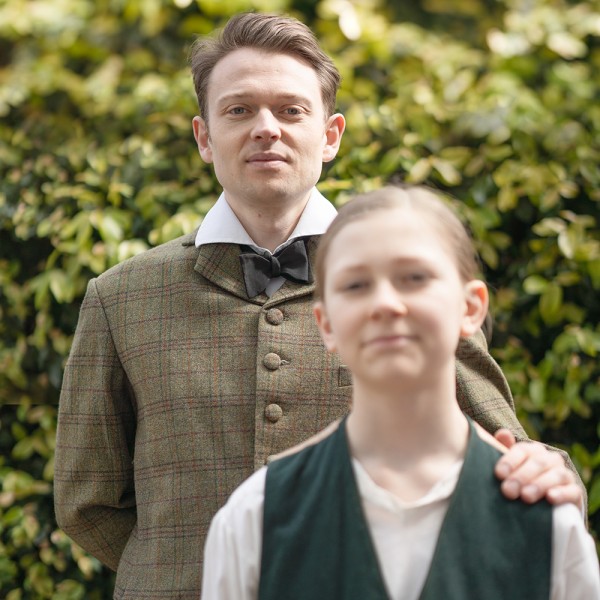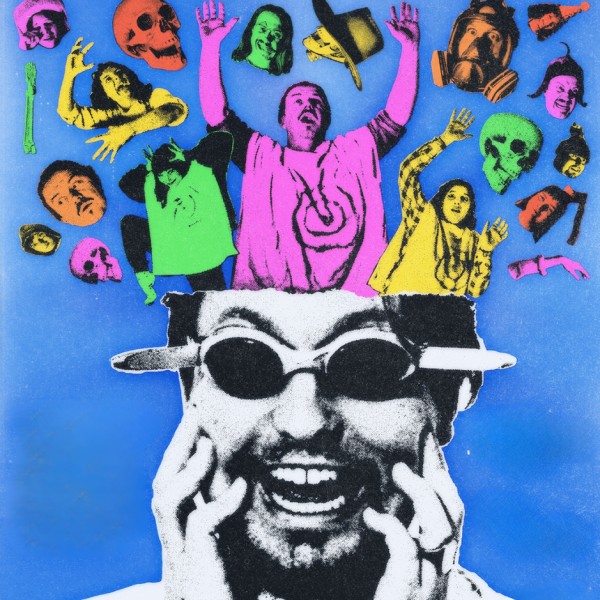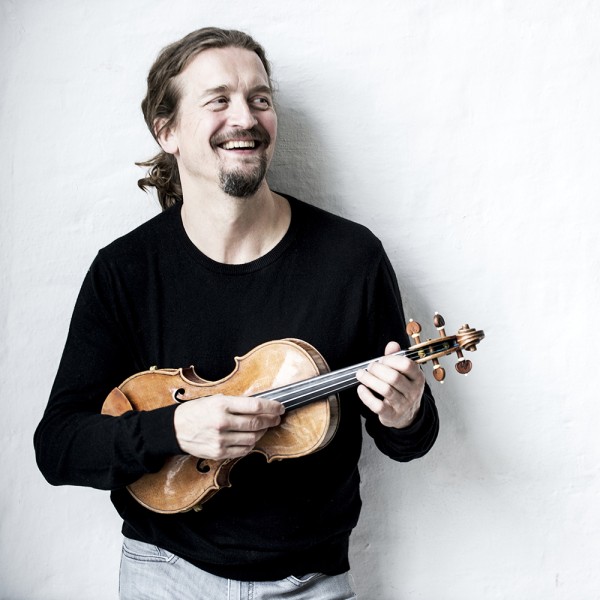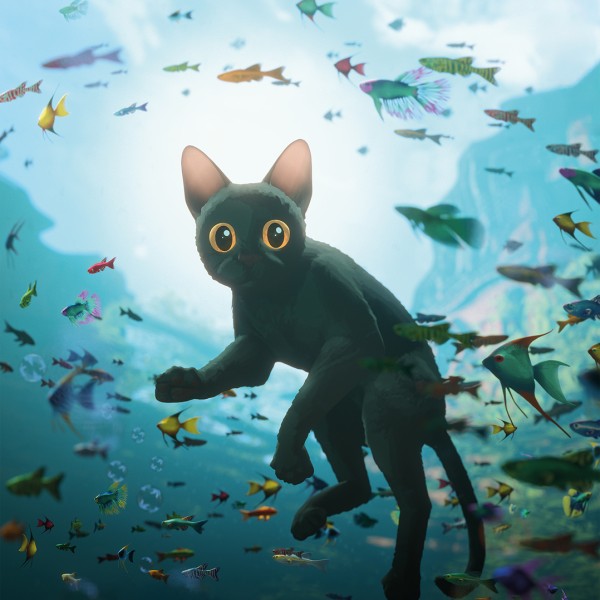
Like a dripping tap, Flow starts off slowly and steadily until suddenly you are immersed in a world of beauty and danger that is overflowing with emotional depth and thematic vision, awash beneath a flood both literal and metaphorical.
From inky waves and crystal pools, the bright orange eyes of a little black cat meet our gaze, reflecting our own complex thoughts and emotions back at us. Cat scampers and hunts in the tangled undergrowth of a forest, his home a dwelling abandoned by humans, who are absent throughout this animated dreamscape from visionary Latvian filmmaker Gints Zilbalodis despite their influence being acutely felt. When a flood of biblical proportions submerges the world, Cat must adapt. Cat jumps onboard a passing sailboat, joining a ragtag crew of creatures comprising a capybara, ring-tailed lemur, golden retriever, and secretary bird. Together, they embark on a picaresque adventure through paintbrush landscapes (created by designer Zilbalodis and animation director Léo Silly Pélissier), each episode more charmingly heart-wrenching than the last.
Zilbalodis, Matīss Kaža, and Ron Dyens’ script is devoid of dialogue yet not of expression. The characters are not anthropomorphic in the slightest, their movements hyper-realistic and their sounds recorded from real life creatures, and yet they are sprinkled with a touch of magical realism that administers us with enough suspended disbelief to become utterly entranced in the story. Each character has its typical animalistic quirk – I picture Cat who knocks Lemur’s trinket off the shelf just because – yet they possess enough humanness to make them emotionally capable of exploring relatable themes of loss, bonding, and camaraderie. Flow is a tale about a wary creature learning to trust and depend on others as it learns about the intrinsic interconnected nature of the world.
In this way, Zilbalodis’ cinematography places us directly into the action from Cat’s point of view, his editing fast-paced to build tension but allowing breathing room in between to give way to more gentle moments. Combined, they give Flow a game-like lens, teaching the audience through visual details. Meanwhile, Zilbalodis and Rihards Zalupe’s score carries us through moments of peril and playfulness with music tailored perfectly to the ebb and flow of the narrative. In Flow you are not a spectator, but a passenger both on the lifeboat and within this devastatingly beautiful world we call home.



